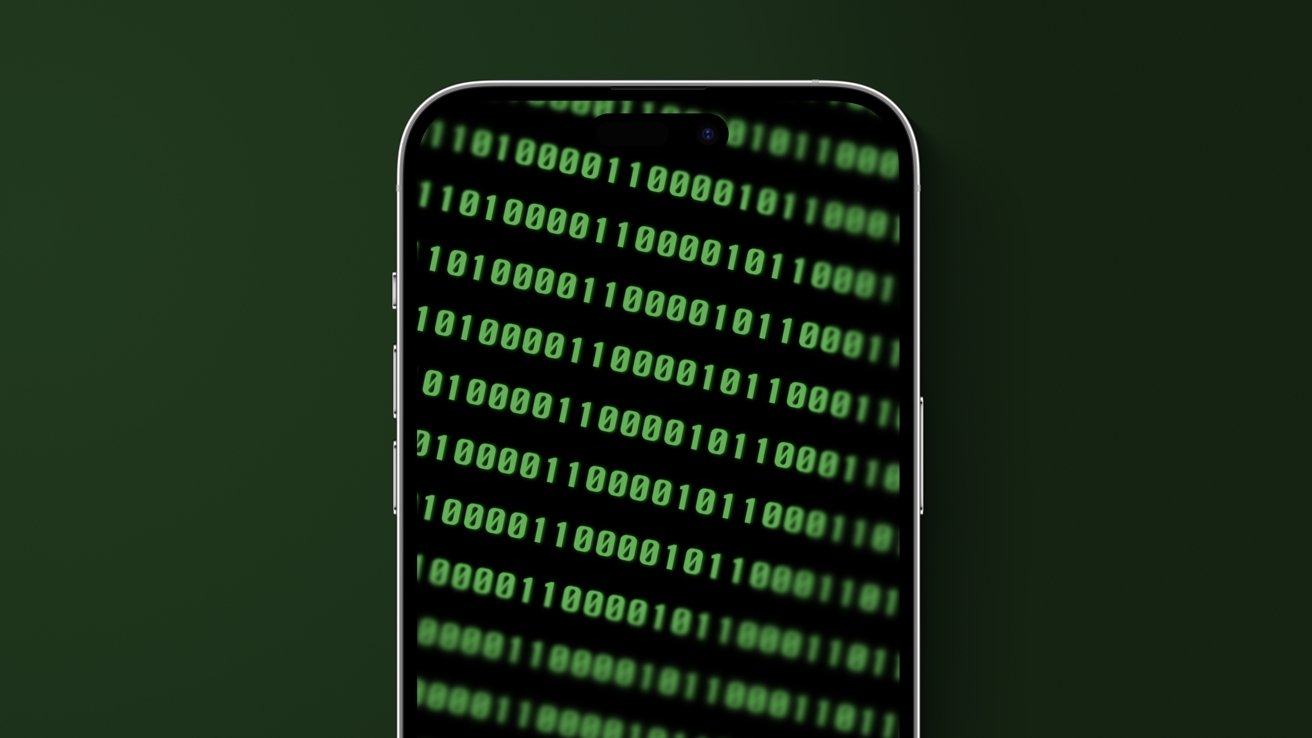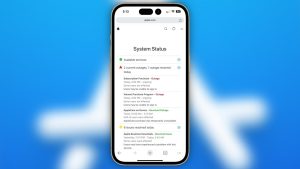
iPhones potentially breached

Evidence suggests that the earlier Chinese Salt Typhoon breach of American telecoms may have led to the potential hacking of two presidential campaign officials’ iPhones.
Whether the hack actually happened, what data might have been obtained, or which officials were breached have not been revealed. The FBI is investigating claims by a security startup called iVerify that tie the events together.
According to a report from Forbes, iVerify flagged anomalous behavior on two iPhones belonging to senior officials for one of the presidential candidates. Settings had been changed on the iPhones in “patterns that are not observed on healthy devices.”
The timeline of events ties the potentially hacked devices to the larger telecom hack that occurred in October. AT&T and Verizon had their networks breached via wiretap portals previously used by US investigators to gather intelligence on criminal behavior.
Chinese firm Salt Typhoon had access to these wiretap portals for several months or longer, and it is still unknown exactly how they were used. However, the timing seems to suggest the access may have enabled the hacking of the two officials’ iPhones.
It isn’t clear how the wiretap hacks led to breaching iPhone security on the two devices. If settings were being changed arbitrarily, then the access must have gone beyond simple listening in on conversations.
The key connecting point is one of the persons targeted in the alleged iPhone hack. According to the FBI, this individual had been an ongoing target of Salt Typhoon.
The wiretap portals existed as a backdoor for the good guys established by law in 1994. It remains to be seen if the FBI might realize such a breach was inevitable, just as a backdoor in Apple’s encryption would inevitably be breached by bad actors.
The investigation is ongoing.




